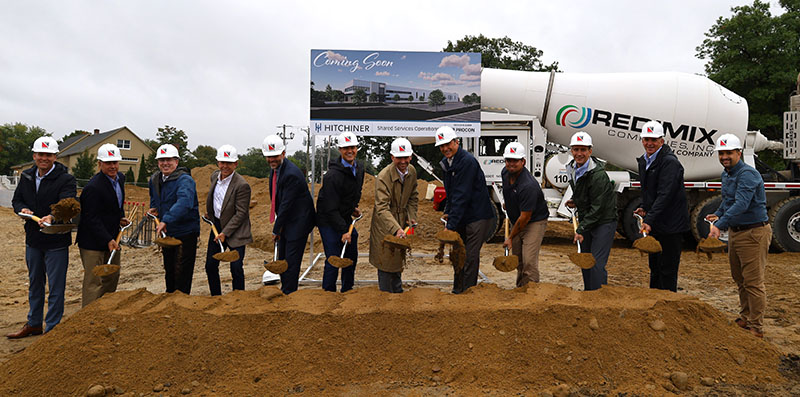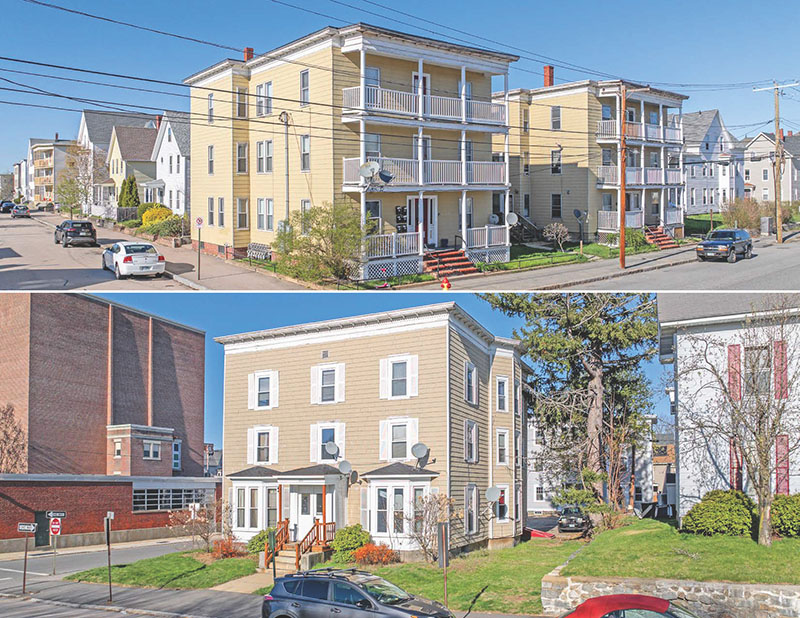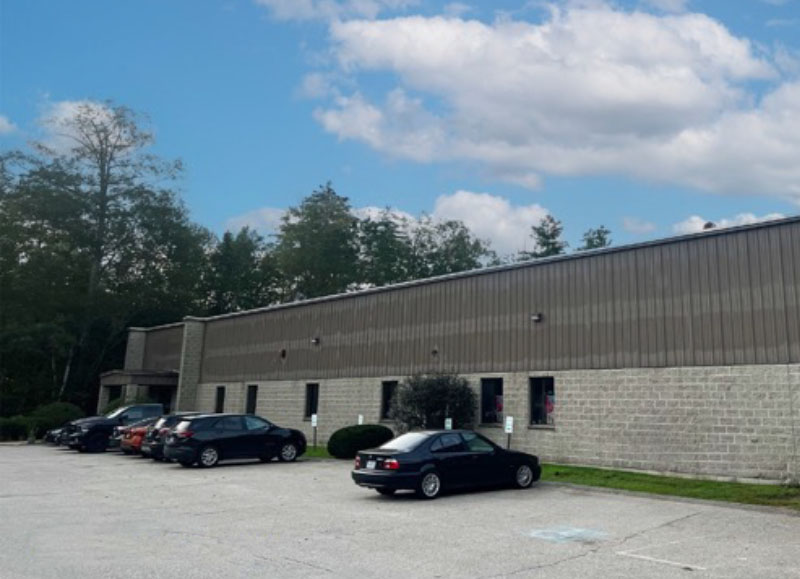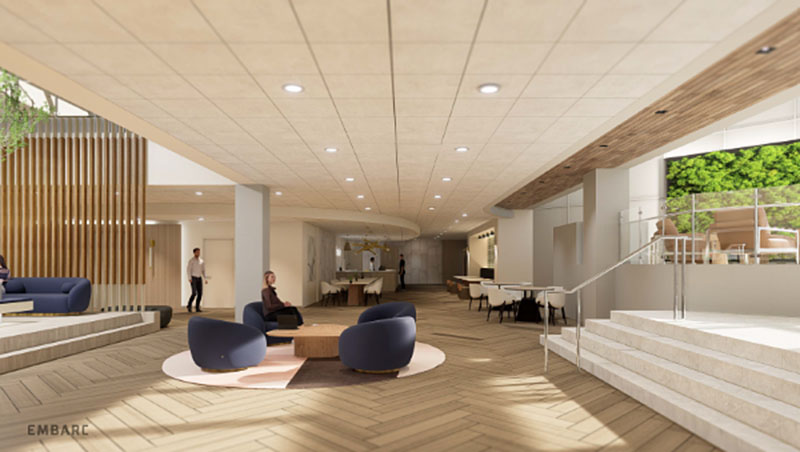NH CIBOR president’s message: Debt market influence on construction lending - by Matthew Bacon

Last month, in light of rising interest rates and unchecked inflation, a couple of lending experts were consulted and provided some great insight on broader capital markets and the lending environment changes we’re currently experiencing. Considering the more specialized nature of construction lending, I recently consulted with Michael Mulcahy of Mulcahy Capital, who primarily deals with construction loans for smaller developers.
Commenting on recent impact and what has been most unique about what’s happening, Mulcahy said “Construction loans are mostly priced with a margin over the benchmark of Prime or Libor, or Libor’s new incarnation SOFR. These benchmarks have exploded on a relative basis from their very low bases in the spring of 2022. Most shocking to the financial system is not the new rates (which are not that high historically), but the speed of increase which will have caught many developers in mid or pre-construction off guard.”
He continued, “Making offer prices on land based off rates that were not expected to change much can destroy the profitability of projects. This is before any consideration is even made for a project’s future sales into the for-sale market which has also been impacted by the future buyers’ home mortgage rate. Markets hate uncertainty, and while rates remain in flux, it will be difficult to make solid plans or projections. Once we get some clarity on rates, stabilizing it will be easier for developers to make competent offers on land. I also believe once home mortgage rates have stabilized it will bring home buyers back to the market. Home buyers’ pricing power may have been eroded with higher mortgage rates, but there is still an undersupply of housing and an appetite for home ownership”
Our massive housing shortage is thoroughly documented and analyzed by NH Housing Finance Authority, giving us ample hard data to point to sustained demand despite the challenges. In their 2022 Annual Report, CEO Rob Dapice first highlights the 3% statewide vacancy rate for two-bedroom apartments. He then wrote “Higher interest rates also influence the number of building permits being issued; a reduction in housing construction adds additional pressure to New Hampshire’s supply/demand imbalance.”
With constrained supply and substantial cost spikes, affordability continues to be the primary victim of this imbalance. Additional pressure from the lack of affordability in the single-family home market shows in the 12.8% median home price spike in just one year, resting at $460,000 in June 2022.
Mulcahy commented on this trend from the lender’s perspective - “Lenders are still willing to provide debt on development projects. Rental projects are most in favor due to the decline in home sales, and for that same reason for-sale projects will receive far greater scrutiny.”
Obviously housing development isn’t the only factor, though it’s been the hottest issue facing our state. Costs of all types of development have increased due to rising labor rates and raw materials costs. In future messages, I’ll consult with experts in their fields for insight on other cost trends and market sectors.
In the meantime, compounding the hard costs with the changes to the debt market has caused massive shifts in how projects are approached. Interestingly, Mulcahy noted that traditionally expensive capital sources are feeling somewhat less so by contrast today, stating “The cost of capital from the low cost providers (banks) to the higher cost providers (private hard-money) has converged somewhat. The higher cost providers have not increased their rates in step with the benchmarks like the banks have.”
In summary, these and other conversations with numerous bank lenders and brokers describe many challenges and considering to construction financing in this rapidly evolving market. There is a belief that by 2024 the pressure on traditional commercial lending rates will have eased and could be lower than today expressed by many. However, no one has a crystal ball, and they don’t see rates returning to their lows of recent years.
Matthew Bacon is the 2023 president of the N.H. Commercial Investment Board of Realtors, Bedford and is an agent/broker at SVN The Masiello Group, Bedford, N.H.
PROCON and Hitchiner break ground on 57,000 s/f shared services operations facility








